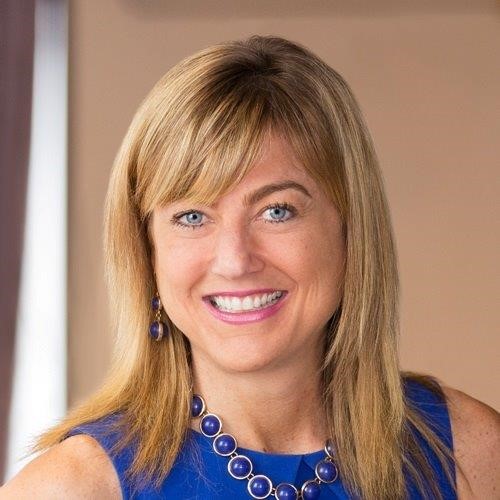RECAP: 2019 FOX Fall Rising Gen Forum
The Engaged Beneficiary: What You Need to Know



| Presenters: Session Description: Participants learned what it means to be an engaged and responsible beneficiary, and explored the roles and responsibilities of a trustee. They also learned from a father-daughter team about how they make the trustee-beneficiary relationship work, the roles each party plays and how to effectively approach trust-related communications. |
"What do Betty Crocker and Grantors have in common? They both have a recipe to follow for an end result – one in baking, the other in trusts. When you are the trustee you don’t get to rearrange, add, or subtract the ingredients, you get what you get in the box.”
-Sarah Kerr Severson
Key Takeaways:
- Participants learned what it means to be an engaged and responsible beneficiary, and explored the roles and responsibilities of a trustee. They also learned from a father-daughter team about how they make the trustee-beneficiary relationship work, the roles each party plays and how to effectively approach trust-related communications.
- With your own assets, you have unilateral control over management, investments, and distributions, and have no “fiduciary” responsibilities to others, as well as little protection from tax, creditors, or spousal claims. With a Beneficial Interest in a fully discretionary trust, you have no unilateral demand rights or control over distributions, but enhanced creditor and spousal protections as well as greater tax benefits/efficiency.
- “Care and Feeding” of Trust Relationships: have clear rules of engagement, including consistent processes, transparent communication, and ongoing dialogue; clear expectations around the “must do” and the “may do” fiduciary duties and powers; accountability for carrying out grantor’s instructions as well as being responsive to current and future beneficiaries.
- Trusts tend to be a sterilized and transactional event, but they are, at their core, relationships where both the beneficiary and trustee need to feel heard and respected. Successful relationships have rules of engagement, and can be friendly, amicable, and transparent.
- The beneficiary also owes the trustee an equal level of transparency. If the beneficiary has concerns, is struggling, or unsure of what the trust is supposed to provide they need to communicate that to the trustee. It is most beneficial to create a predictable process of communication and a stable environment to communicate for both.
- Beneficiary can expect trustees to: invest the trust assets, make distributions to beneficiaries, keep beneficiaries informed, hire/supervise advisors, manage and protect trust assets as well as perform administrative compliance.
- Trustee expectation of beneficiary includes ownership: identify trusts of which you are a named beneficiary, seek understanding of how trusts integrate into your personal lifestyle, seek to align your use of the trusts with your personal goals and have accountability.
VIEW THE PRESENTATION SLIDES >
(FOX Members only)